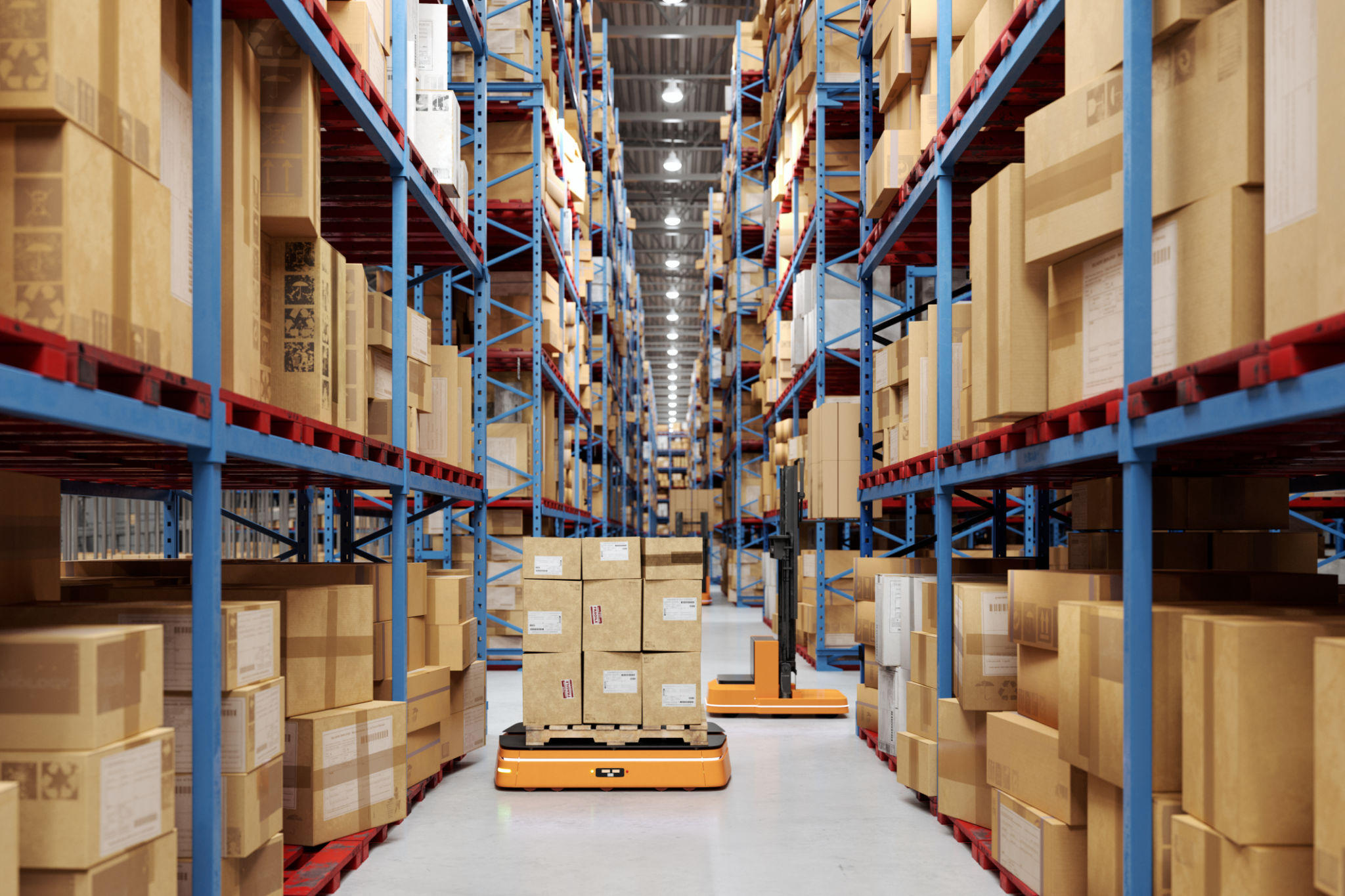Comparing Storage Solutions: Finding the Right Fit for Your Needs
In today's digital age, choosing the right storage solution is crucial for both individuals and businesses. The array of options available can be overwhelming, but understanding the key differences can help you make an informed decision. This guide will compare various storage solutions, highlighting their benefits and potential drawbacks.

Cloud Storage Solutions
Cloud storage has become increasingly popular due to its convenience and scalability. With options like Google Drive, Dropbox, and iCloud, users can easily store and access their data from anywhere in the world. This solution is especially beneficial for those who need to collaborate with others remotely.
One of the main advantages of cloud storage is accessibility. You can access your files from any device with an internet connection. Additionally, cloud services often come with built-in security features to protect your data from unauthorized access.
Considerations for Cloud Storage
While cloud storage offers many benefits, there are some considerations to keep in mind. Dependence on an internet connection can be a drawback, especially in areas with limited connectivity. Additionally, subscription costs for larger storage capacities can add up over time.

External Hard Drives
External hard drives have long been a staple for personal and professional storage needs. They offer a physical backup solution that is not dependent on internet access. This makes them ideal for large file storage and transfer, such as video editing or gaming.
External hard drives are generally more affordable in terms of cost per terabyte compared to cloud solutions. They also provide a secure way to store sensitive data, as they can be physically disconnected from any network.
Drawbacks of External Hard Drives
Despite their benefits, external hard drives have limitations. They are susceptible to physical damage and data loss due to hardware failure. Regular maintenance and backups are necessary to ensure data integrity.

Network Attached Storage (NAS)
For those looking for a more robust and versatile solution, Network Attached Storage (NAS) systems offer a compelling option. NAS devices connect to your network, allowing multiple users to access and share files simultaneously.
This solution is perfect for small businesses or households with multiple users. NAS devices often come with advanced features like RAID configurations, which provide redundancy and protect against data loss.
Challenges with NAS
Setting up a NAS can be complex and may require technical expertise. Initial costs can be higher compared to other solutions, and ongoing maintenance is necessary to ensure optimal performance.

Conclusion
Choosing the right storage solution depends on your specific needs and circumstances. Whether you prioritize accessibility, cost, or security, understanding the benefits and limitations of each option can guide you to the best choice. Consider your current and future storage needs to make an informed decision that aligns with your goals.